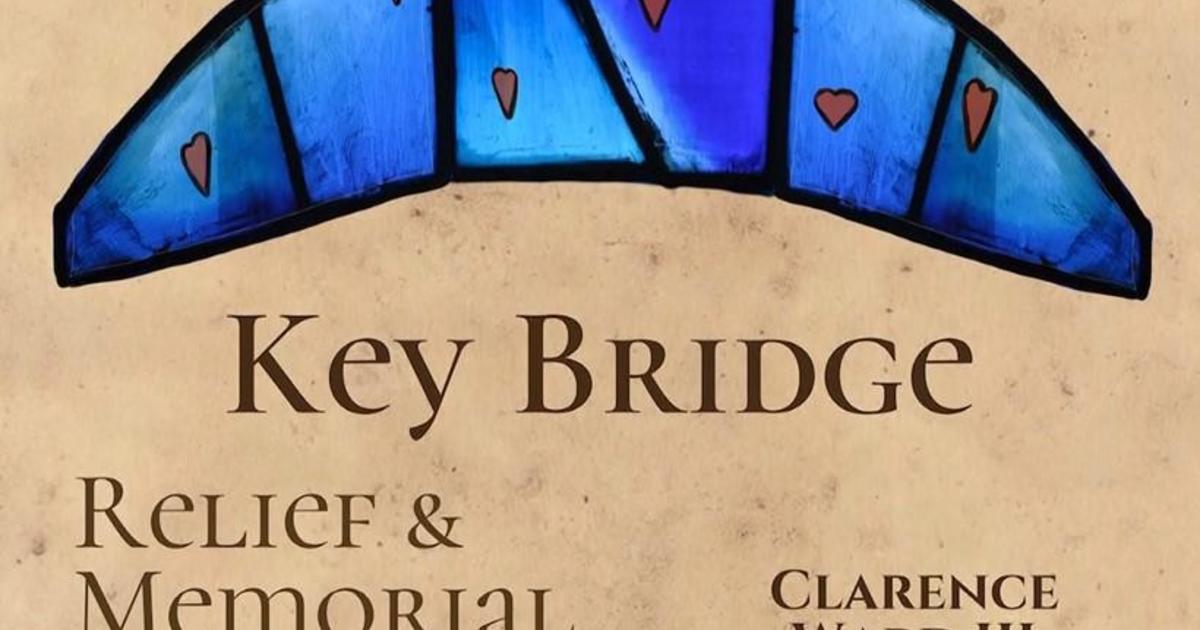What You Need To Know About Shingles
BALTIMORE (WJZ) -- There's a good chance you or someone you know has had or will have shingles -- one in three U.S. adults will come down with it. But what exactly is the virus and how can you reduce your chance of getting sick?
What is shingles?
According to Johns Hopkins Medicine, it's an infection caused by the same virus that causes chickenpox, varicella-zoster.
How can I catch it?
Bad news if you had the chickenpox as a kid -- the varicella-zoster virus is still inside your body. As you get older, your immune system loses its ability to fight off the virus. That makes it more likely to flare up the older you get.
Johns Hopkins Medicine said other major health events, including stress, could prompt a flare-up of shingles.
A 2020 study found people who had had a stroke had a higher risk of getting shingles.
What are the signs and symptoms?
You may have shingles if you have skin blisters, pain or a burning sensation. Johns Hopkins Medicine says patients should seek medical treatment as soon as possible.
Usually, patients will see a rash develop within a day or two of feeling the pain. That rash most commonly affects the scalp, neck, shoulders and chest wall, Johns Hopkins Medicine says.
Between 10 and 18 percent of patients, especially those who are older, may see some long-term nerve pain as a result, according to the Centers for Disease Control and Prevention.
Is it contagious?
Yes. The CDC says the virus can spread through "direct contact from the fluid from the rash blisters." It can also cause chickenpox in someone who has never had them.
To avoid spreading the virus, the CDC recommends keeping rashes covered and avoid touching them as well as washing hands often.
How can I prevent it? How is it treated?
There's a vaccine designed for people over the age of 50, but Johns Hopkins Medicine says those with a weakened immune system shouldn't get it since it's a live virus.
The CDC recommends the vaccine Zostavax for adults ages 60 and up but says the preferred vaccine is Shingrix, which is for adults ages 50 and older.
If you get shingles, a doctor will start you on an antiviral therapy for one to two weeks.



